Dental implants are a long-term way to protect missing teeth, but you may be looking for a cheaper option. Here are some of the most popular alternatives to dental implants, as well as what you need to know about their positive and negative aspects.
Alternative #1: No Treatment
Obviously, this is by far the cheapest option on the list. But it's also more viable than many people realise. You don't need to replace every missing tooth, so when it's okay to leave it alone, you can save as much money as possible and move on with your life.
However, there are times when having no treatment can lead to long-term impacts, such as other teeth shifting out of place. As such, you should always talk with an expert before deciding to avoid treatment entirely.
Alternative #2: Adhesive Bridges
Sometimes known as Maryland bridges, adhesive bridges consist of one or more replacement teeth that are affixed to adjacent natural teeth using pieces of metal, often called wings. These wings are glued or cemented to adjacent teeth, providing firm and stable usage. As these are permanent additions, they're very durable and allow for easy maintenance while still looking aesthetically pleasing.
However, while adhesive bridges don't require surgery and are easy to install, they don't work well for back teeth. They're also not a great long-term replacement for teeth, so some people only use these as temporary fixtures while waiting for a permanent alternative. That said, they are a cheaper alternative to dental implants.
Alternative #3: Conventional Bridges
A conventional bridge is a setup that uses adjacent teeth to support the missing teeth, usually involving at least three teeth at a time. Once they're aligned and crowned as one solid piece, they act as a permanent replacement for the missing tooth.
Conventional bridges work well in both the front and rear of the mouth and do not require surgery. That, combined with the excellent visual appeal and easy maintenance, makes conventional bridges a popular choice.
However, since these often require significant reductions in the supporting teeth to hold the bridge, it could lead to some damage over time. Conventional bridges are also somewhat more expensive than most alternatives to implants, although they still tend to be more affordable than dental implants themselves.
Also, failure on any part of a conventional bridge often means replacing the entire thing, leading to a noticeably more expensive repair or renewal in the future. This is why bridges are usually a poor choice if you eat a lot of harder, crunchy foods.
Though they are a cheaper alternative to dental implants, these potential costs can make them more expensive than other options.
Alternative 3b: Cantilever Bridge
The cantilever bridge is quite similar to the conventional bridge described above. However, it has one notable difference: it's attached to teeth on just one side, rather than both sides like a traditional bridge.
This technique's benefit is that you only need one natural tooth by the missing tooth gap, which is sometimes all you have to work with. However, this does tend to put a lot of pressure on the joint between the teeth, so it can be weaker than conventional bridges if you eat a lot of hard foods.
As long as you are careful with what you eat, cantilever bridges are usually cheaper than a conventional bridge and will provide a similar performance level.
Alternative #4: Removable Partial Denture
A removable partial denture is held in place by other teeth or by clasps that go around existing teeth. Some can also clamp onto a crown or a bridge designed to hold it, which offers some flexibility based on your unique needs.
These types of dentures are relatively affordable, mainly because they don't require grinding down any existing teeth. However, they don't tend to look as good as bridges, and any bone loss in the jaw area can affect the dentures' overall stability.
The inherent instability of these dentures can also make it harder to speak and eat. If you work in a public-facing role, this probably isn't a great option, even if it is affordable.
Alternative #5: Complete Dentures
Complete dentures can replace an entire upper or lower set of teeth, or even both if necessary. These are looser than most other alternatives, but they're also relatively cheap because they're simple to make and even easier to use.
However, total dentures have a variety of notable downsides. They can make it hard to chew some foods, they tend to shift around while in use, and they can create sore spots along the gums. They may also create a clicking sound. While these are affordable and viable if you don't want to go through dental surgery, think carefully about the downsides before you buy.
Alternative #6: All-on-4
This technique is a little more complicated than some of the other cheap alternatives to dental implants. With an All-on-4, you get four implants in your jaw that support an entire row of replacement teeth. This is essentially like a mix of conventional bridges and partial dentures that's designed to provide long-term stability when you need to replace a lot of teeth.
However, this technique could require removing several good teeth to support an All-on-4. It's also more expensive than other options because it requires four full implants, which can be a problem if you're trying to save money.
If you still have some good teeth, you may want to look at a bridge instead. Which technique is most viable depends on how many good teeth you have in your mouth, as well as where they are.
Are There Any Other Options?
That depends on your situation. Your dentist or surgeon may decide that a rare technique is the best choice for your particular situation, so be sure to discuss all available options with them.
Also, if you're worried about costs, talk to your care provider about payment options. Many facilities are willing to accept deferred or slower repayment plans, which can make it significantly easier to fit implants, bridges, or any other technique into your budget. They can also recommend consumer-friendly loan programs or negotiate with your insurance provider.
It doesn't hurt to ask, so don't hesitate to inquire about your options when talking about your payment choices.
Sources and References
-
[1]
Maryland Bridge: An Interim Prosthesis for Tooth Replacement in AdolescentsInternational Journal of Clinical Pediatric Dentistryhttps://pmc.ncbi.nlm.nih.gov/articles/PMC5030500/
-
[2]
Implants versus short-span fixed bridges: survival, complications, patients' benefits. A systematic review on economic aspectsClinical Oral Implants Researchhttps://pubmed.ncbi.nlm.nih.gov/23062127/
-
[3]
Implant-supported removable partial dentures compared to conventional dentures: A systematic review and meta-analysis of quality of life, patient satisfaction, and biomechanical complicationsClinical and Experimental Dental Researchhttps://pmc.ncbi.nlm.nih.gov/articles/PMC8874059/
-
[4]
The Origin of the Maryland BridgeJournal of the History of Dentistryhttps://pubmed.ncbi.nlm.nih.gov/32189627/
All sources accessed and verified on . Medical information reviewed for accuracy and compliance with current guidelines.
Related Articles

Alternatives to Dental Implants
Comprehensive guide to dental implant alternatives including fixed bridges, resin-bonded bridges, partial dentures, and complete dentures with cost comparisons

Are Dental Implants Covered by Insurance?
Comprehensive guide to dental implant insurance coverage, what plans typically cover, alternative payment options, and important information about the dental implant procedure
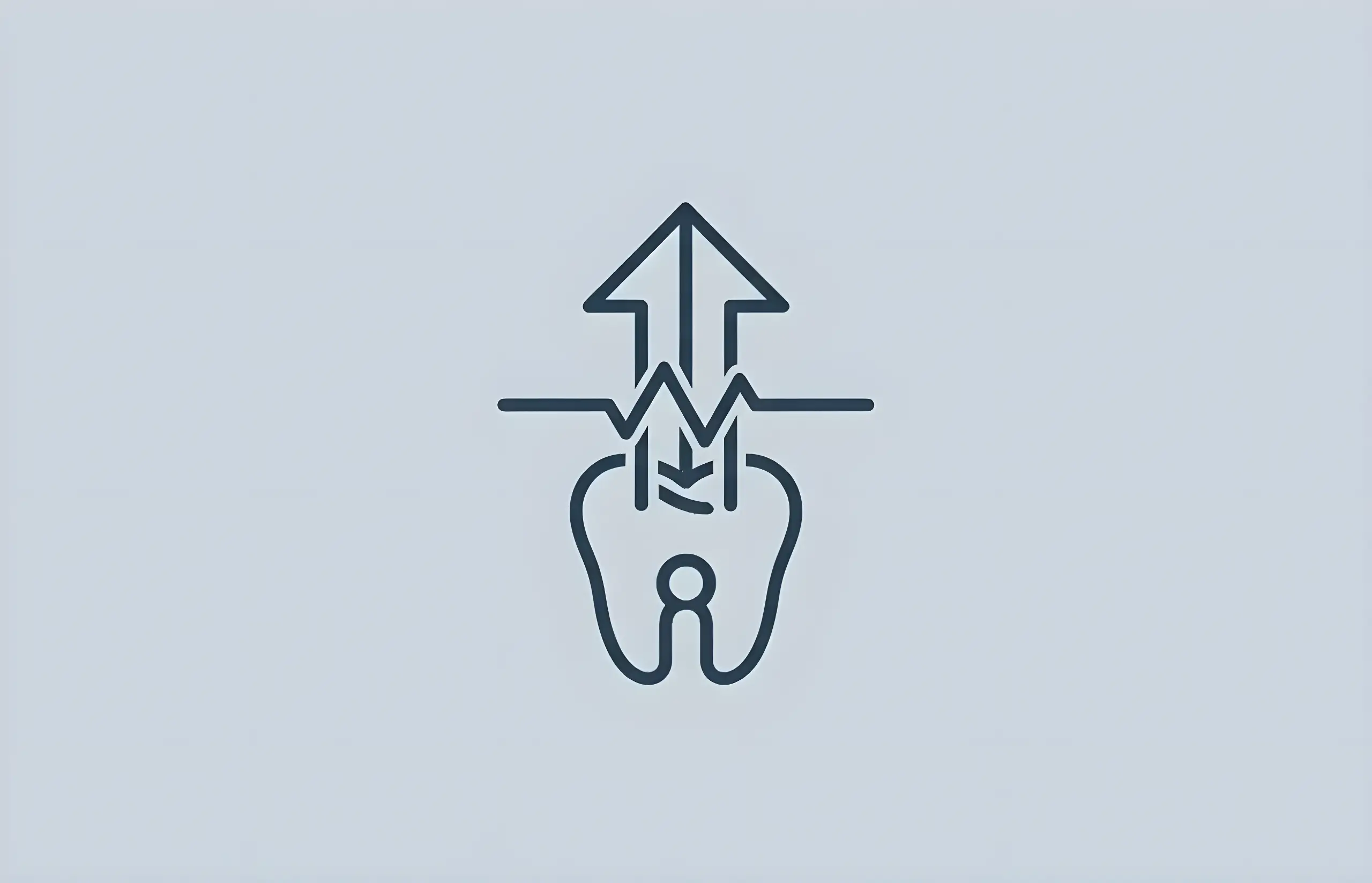
Are Dental Implants Painful?
Comprehensive guide to dental implant pain, including what to expect during surgery, post-operative recovery, pain management, and healing timeline
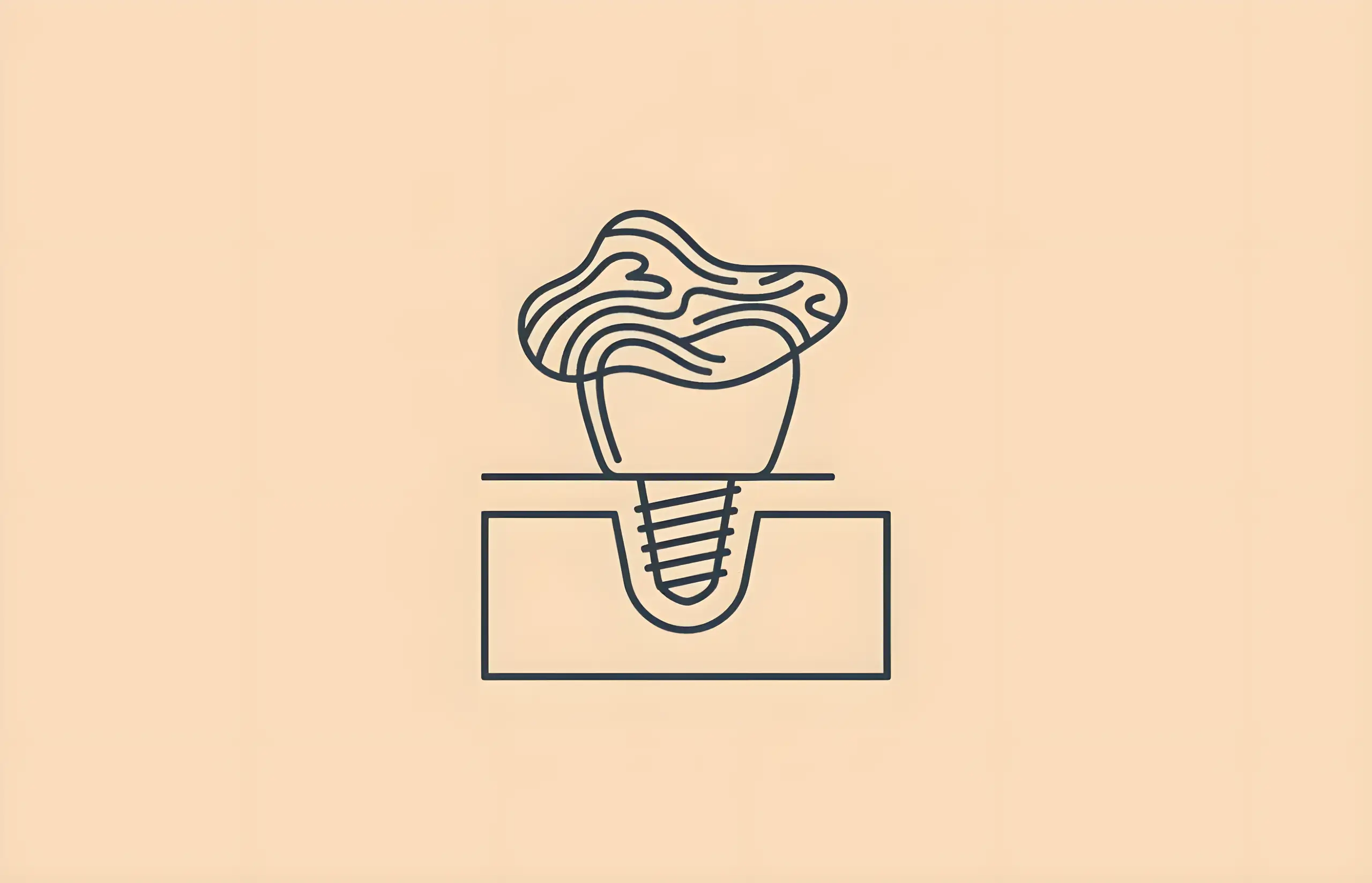
What Is The Best Bone Graft Material For Dental Implants?
Understanding autografts, allografts, and xenografts for dental implant bone grafting including success rates, benefits, and which material is right for you

Can Dental Implants Repair Bone Loss?
Understanding how dental implants can prevent and repair bone loss, including causes of bone loss, treatment options, and the role of bone grafts in implant procedures
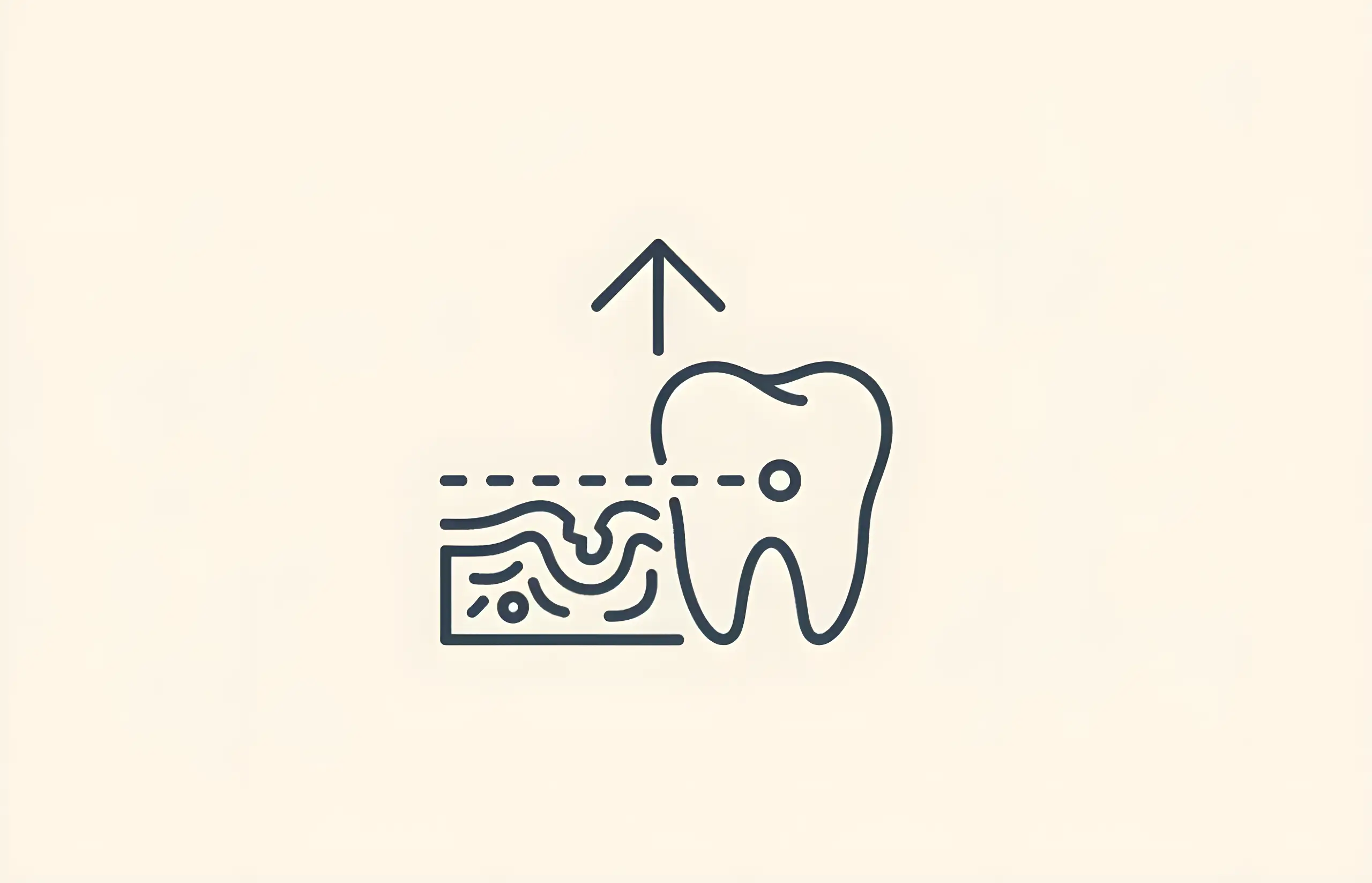
Can You Have Dental Implants With Gum Disease?
Complete guide to dental implants and gum disease including symptoms of periodontitis, success rates with treated gum disease, and treatment requirements before implant surgery

What Is The Cheapest Country For All On 4 Dental Implants?
Learn about affordable All-on-4 dental implants abroad including popular destinations like Mexico, Hungary, Poland, and Turkey, with success rates, safety considerations, and cost comparisons

How Much Does A Dental Implant Bone Graft Procedure Cost in the UK?
Complete guide to bone graft costs (£295-£2,400 per site), procedure details, reasons for bone grafts, and benefits of bone grafting for dental implants

What Causes Dental Implant Pain Years Later?
Comprehensive guide to late dental implant complications including peri-implantitis, osseointegration failure, nerve damage, and bone loss, with prevention strategies and treatment timelines
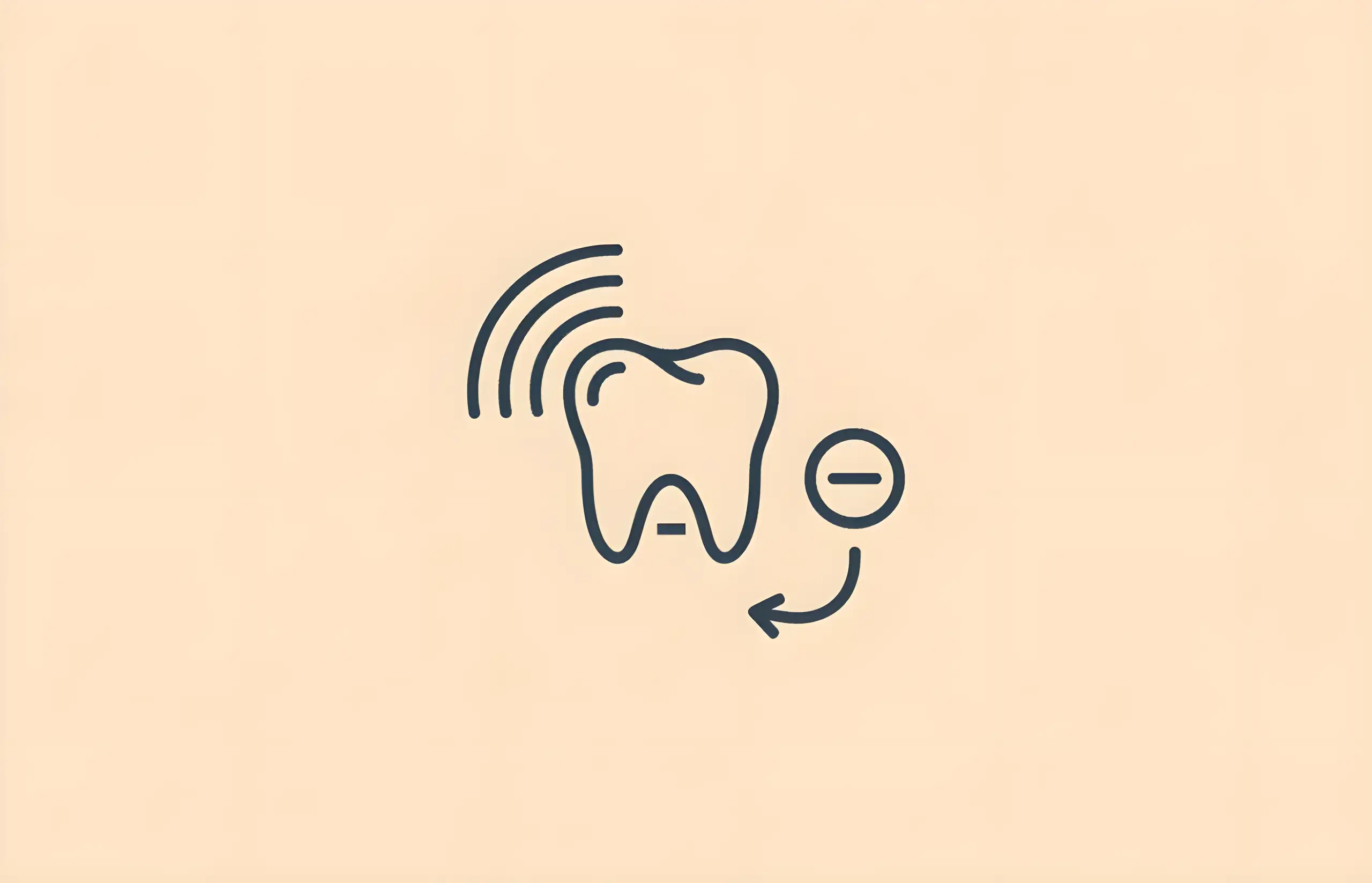
Everything You Need to Know about Dental Implants and MRI Safety
Comprehensive guide to MRI safety with dental implants including titanium compatibility, heating effects, displacement risks, artifact formation, ferromagnetic vs paramagnetic materials, and safety guidelines

What is a Normal Dental Implant Removal Recovery Time?
Comprehensive guide to dental implant removal procedures, recovery timeline (1-5 days), failure causes, removal techniques, and immediate reimplantation options with 96.7% success rate at 1 year

Dental Implants: Problems and Side Effects
Comprehensive guide to dental implant complications, risk factors (smoking, diabetes, gum disease), common side effects, peri-implantitis, infection rates, prevention strategies, and alternative treatments

Dental Implant Costs In The UK – Single Tooth and Full Mouth
Complete guide to dental implant costs, financing options, success rates, and what to expect from single tooth to full mouth implant treatments in the UK

Can You Get Dental Implants Under General Anaesthetic?
Comprehensive guide to anaesthesia options for dental implant surgery, including general anaesthesia, conscious sedation, and local anaesthetic choices
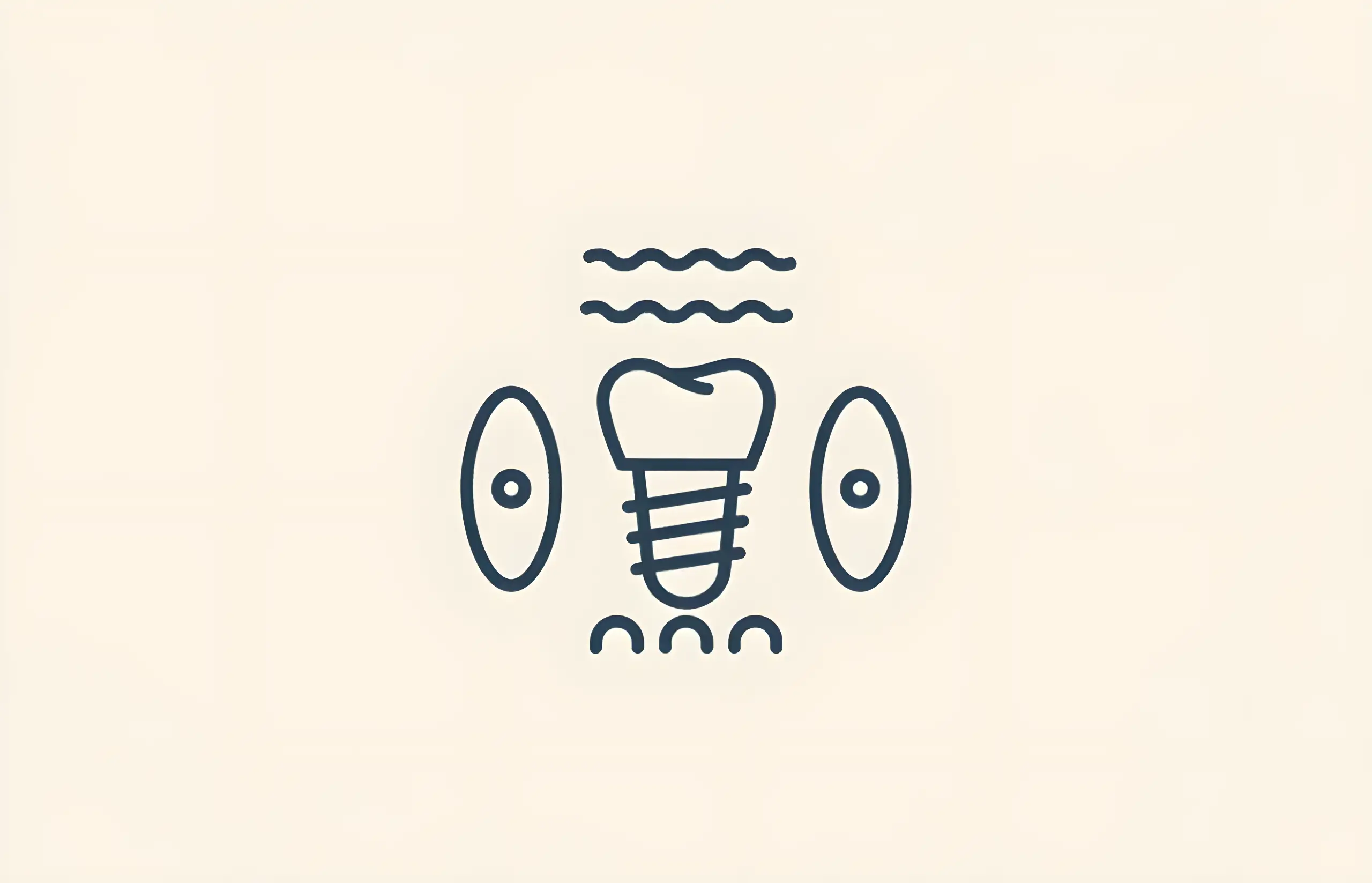
How Long Do Dental Implants Last?
Longevity and Survival Rates (96.8% at 10 Years, 94.0% at 15 Years, 78% at 20 Years)

What If You Do Not Have Enough Bone For A Dental Implant?
Comprehensive guide to bone augmentation procedures including ridge expansion, bone grafts, sinus lifts, and distraction osteogenesis for successful dental implant placement when jawbone is insufficient

The Pros and Cons of Dental Implants
A balanced overview of the advantages and disadvantages of dental implants compared to other tooth replacement options
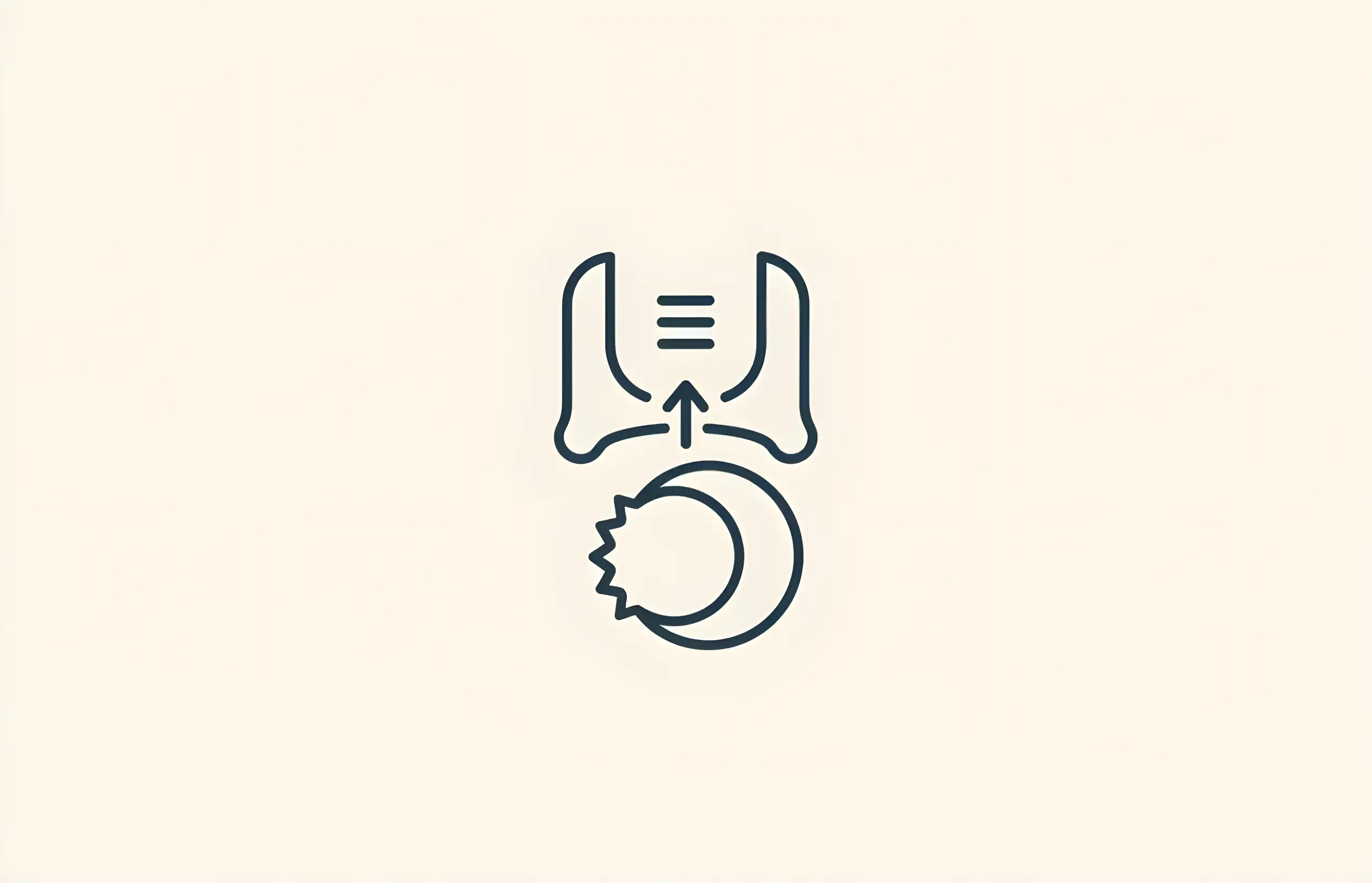
Causes Of Swelling After A Dental Implant Bone Graft
Comprehensive guide to post-operative swelling after bone graft surgery, timeline, risk factors, management strategies, and when to seek medical attention
About The Dental Guide
The Dental Guide is a trusted online resource providing evidence-based information about dental health, treatments, and procedures. Our content is created and reviewed by qualified dental professionals to help you make informed decisions about your oral health.
Our Mission
- Evidence-based dental information
- Expert-reviewed content
- Clear, accessible explanations
- Latest treatment options
- Patient-focused guidance
Editorial Standards
- GDC-registered dental professionals
- Peer-reviewed sources
- Regular content updates
- Medical accuracy verification
- Transparent authorship
Important Notice
The information on The Dental Guide is for educational purposes only and should not replace professional dental advice. Always consult with a qualified dentist for diagnosis and treatment recommendations tailored to your individual needs and circumstances.
Medically Reviewed
Reviewed by Dr. Nasim Mechoui , BDS (Bristol)
Share this article
Comments & Discussion
Have questions about dental implants? Share your thoughts or experiences.
